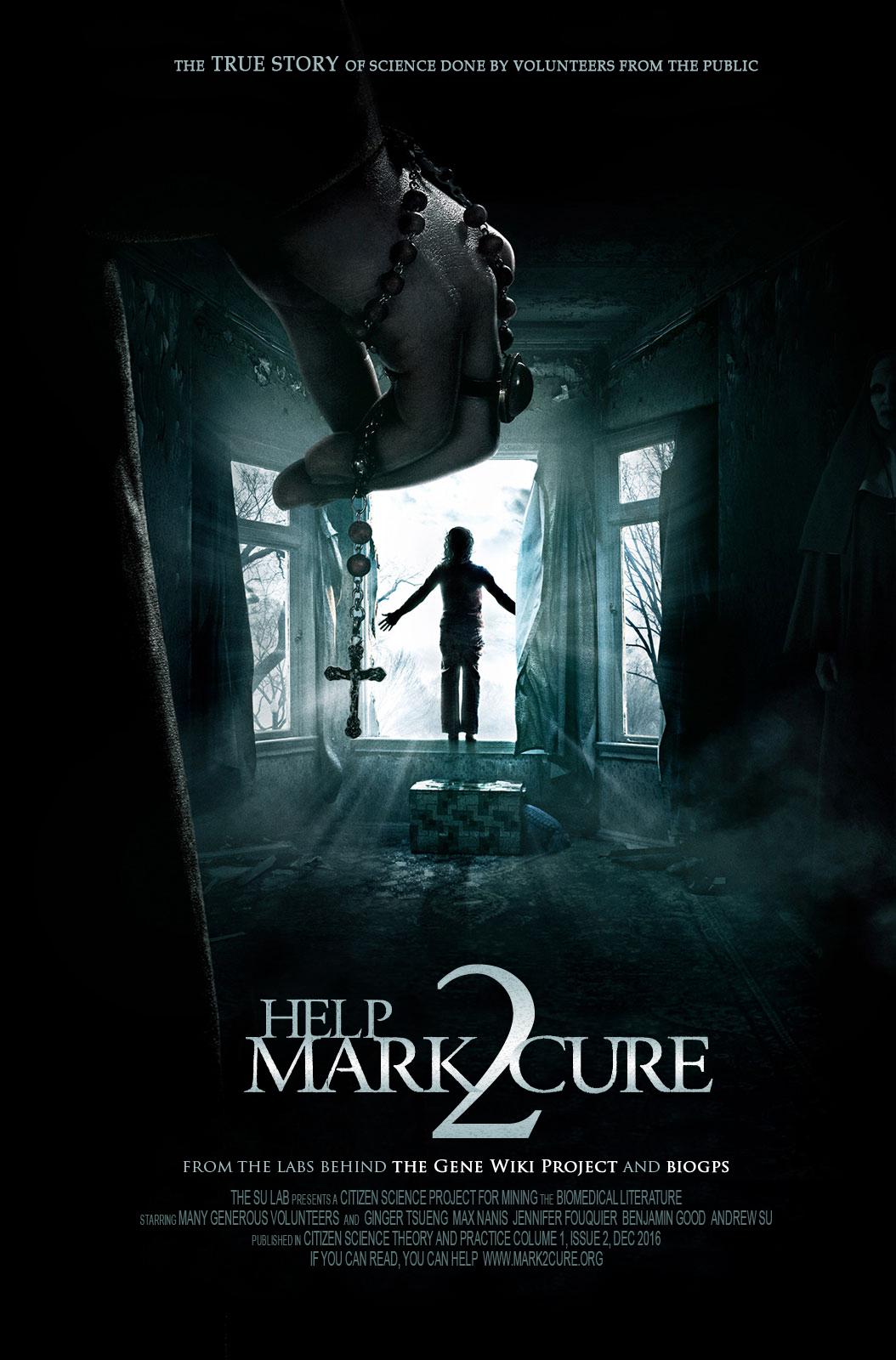
If you love science and enjoy learning, you're in for a treat! Andrew (the brains behind Mark2Cure) will be holding a webinar using two case studies (the Gene Wiki Project and Mark2Cure) to illustrate the use of crowdsourcing as it applies to knowledge management for translational research. Registration is free and open to anyone (we checked first). There may be some required questions on the registration form which may not necessarily be applicable to you, but they're only meant to inform, not exclude. So, if you're interested in the webinar but don't have an affiliation with an institute or department, feel free to select 'other' and type in 'Mark2Cure'.
Event Details
(View the original announcement)
Speaker: Andrew Su, PhD, Professor, Department of Integrative, Structural and Computational Biology, The Scripps Research Institute
Overview: Crowdsourcing involves the engagement of large communities of individuals to collaboratively accomplish tasks at massive scale. These tasks could be online or offline, paid or for free. But how can crowdsourcing science help your research? This webinar will describe two crowdsourcing projects for translational research, both of which aim to better organize biomedical information so that it can be more easily accessed, integrated, and queried:
First, the goal of the Gene Wiki project is to create a community-maintained knowledge base of all relationships between biological entities, including genes, diseases, drugs, pathways, and variants. This project draws on the collective efforts of informatics researchers from a wide range of disciplines, including bioinformatics, cheminformatics, and medical informatics.
Second, the Mark2Cure project partners with the citizen scientist community to extract structured content from biomedical abstracts with an emphasis on rare disease. Although citizen scientists do not have any specialized expertise, after receiving proper training, Mark2Cure has shown that in aggregate they perform bio-curation at an accuracy comparable to professional scientists.
The Digital Scholar Webinar Series introduces health researchers at USC, CHLA and beyond to digital approaches and tools relevant to their research. The series showcases the potential and limitations of digital approaches health researchers need to be aware of. All webinars will be accessible afterward on the Digital Scholar Program page.
 Learn more at gutinstinct.ucsd.edu/info
Learn more at gutinstinct.ucsd.edu/info We're all up and active now and looking forward to sharing a recap and the results of #CitSciMedBlitz with you.
We're all up and active now and looking forward to sharing a recap and the results of #CitSciMedBlitz with you.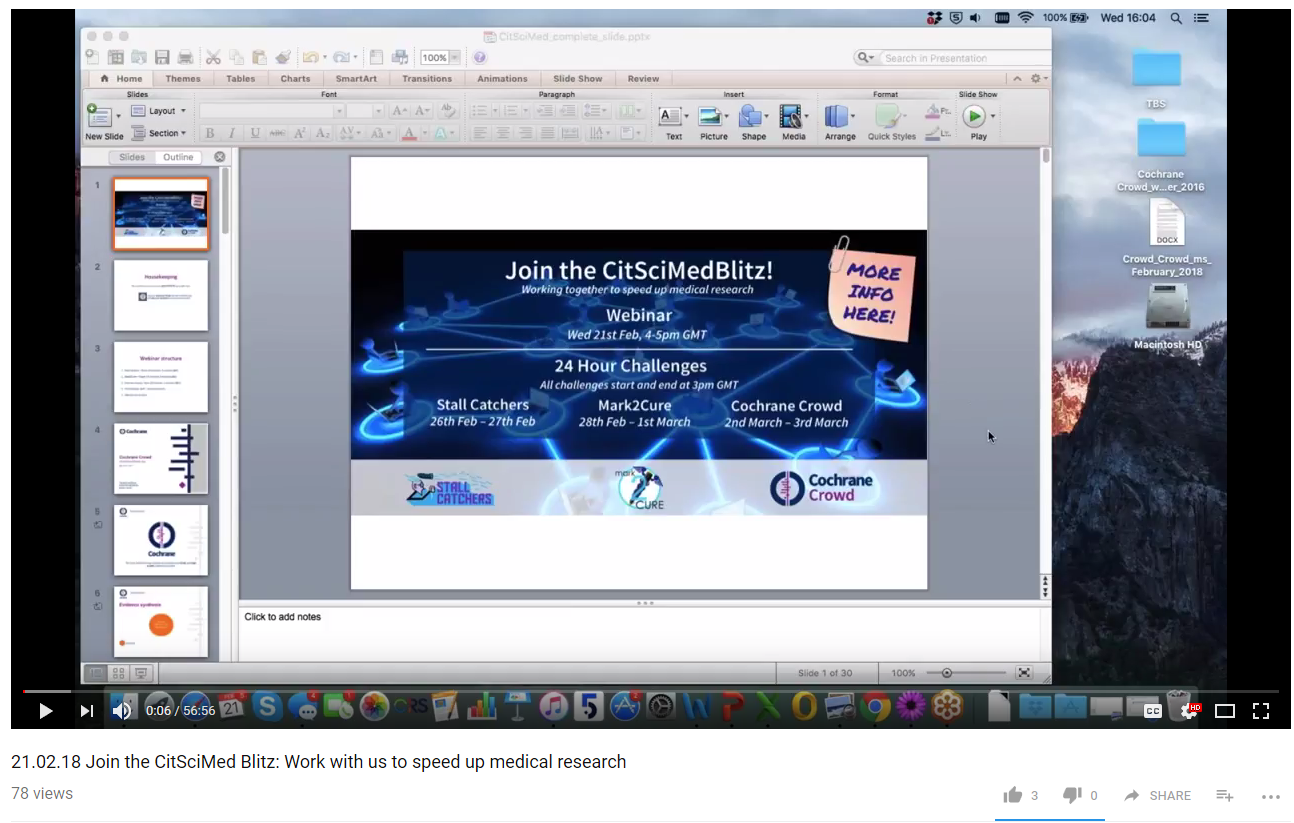
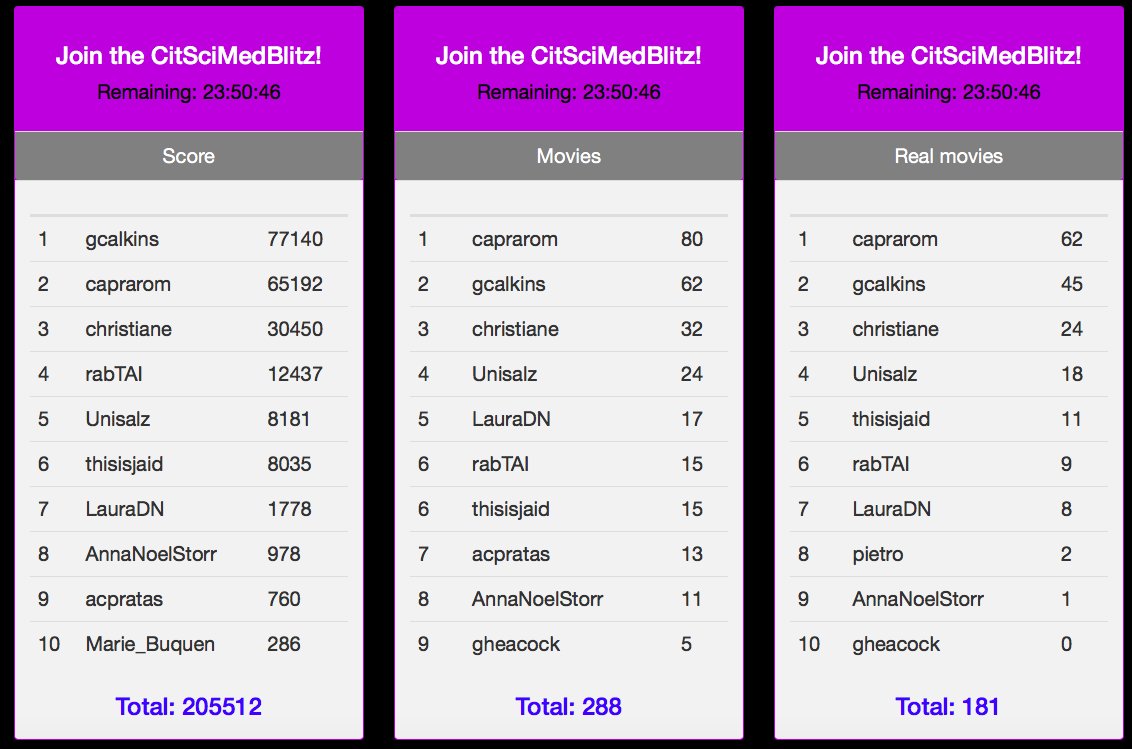
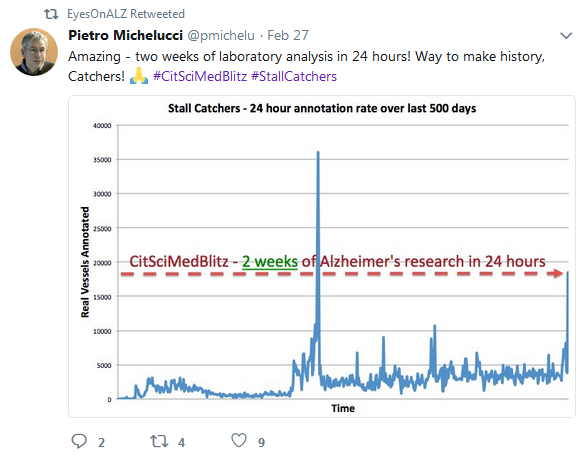
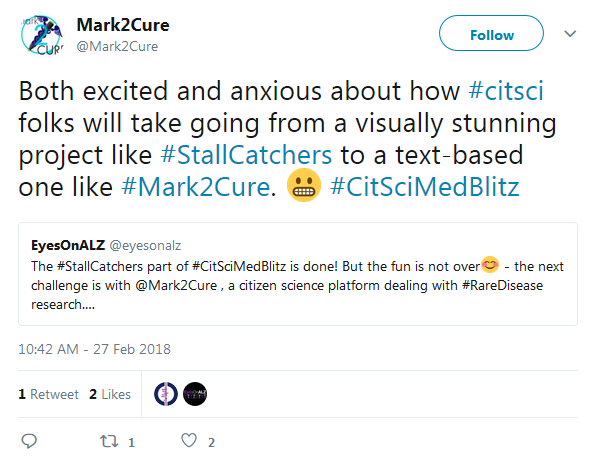

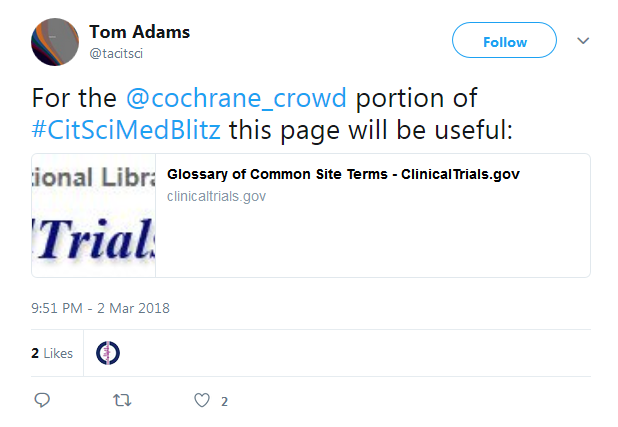
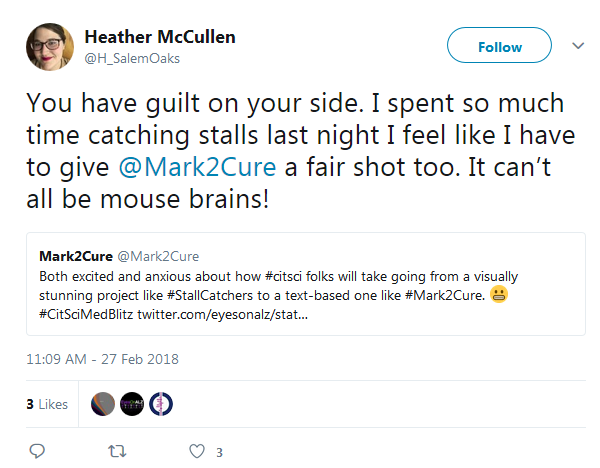
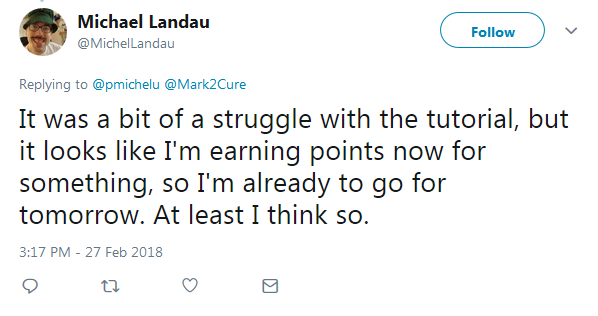
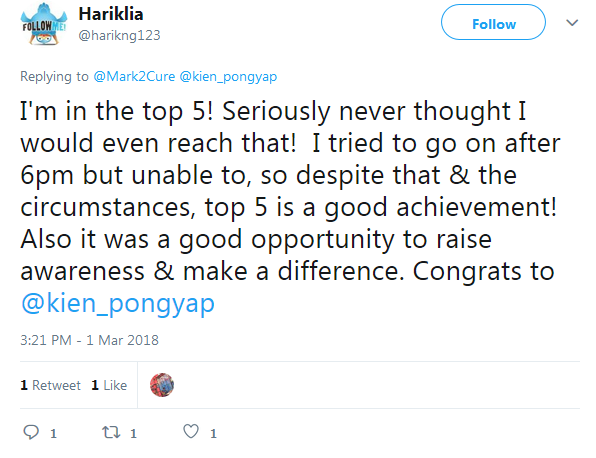


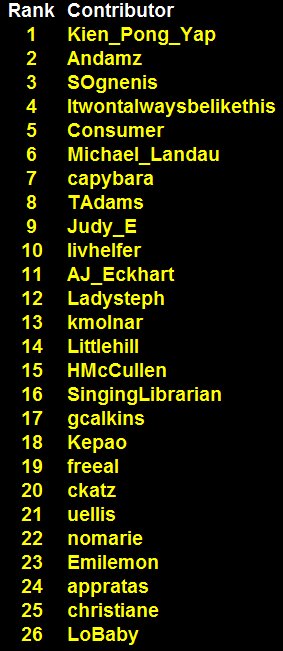
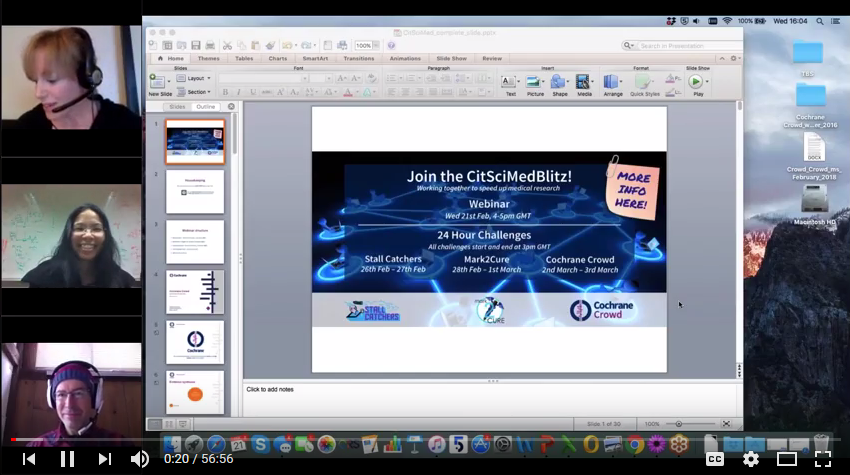
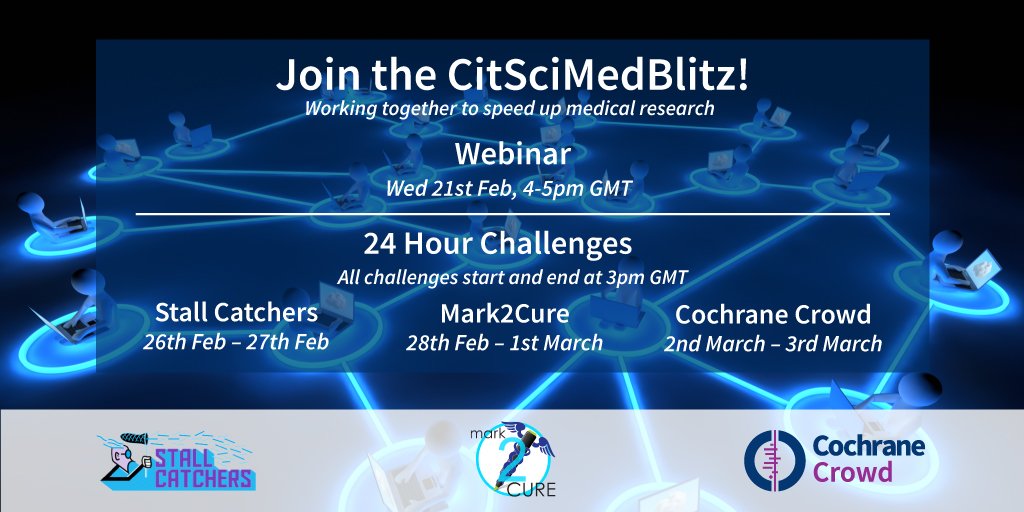
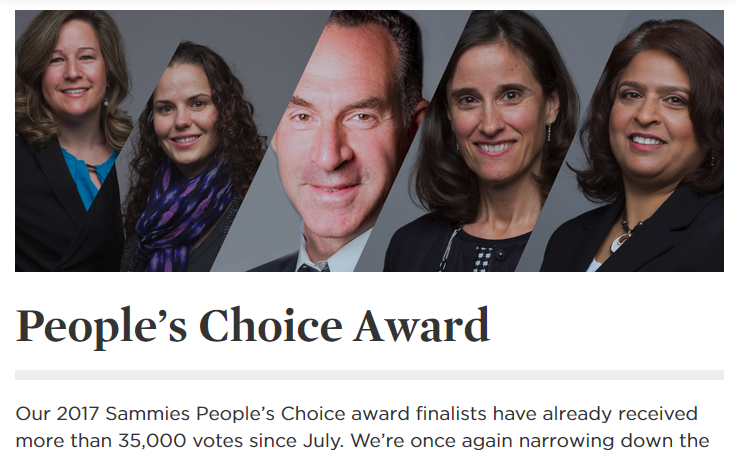
 Interestingly enough, Lipman's and the GenBank's team nomination for the 2017 Sammies only cursorily mention PubMed Central in favor of focusing on GenBank and his contributions to infectious disease surveillance. Perhaps describing their work this way made it more accessible to anyone not in biomedical research. Unfortunately,
Interestingly enough, Lipman's and the GenBank's team nomination for the 2017 Sammies only cursorily mention PubMed Central in favor of focusing on GenBank and his contributions to infectious disease surveillance. Perhaps describing their work this way made it more accessible to anyone not in biomedical research. Unfortunately,